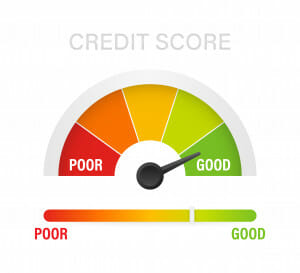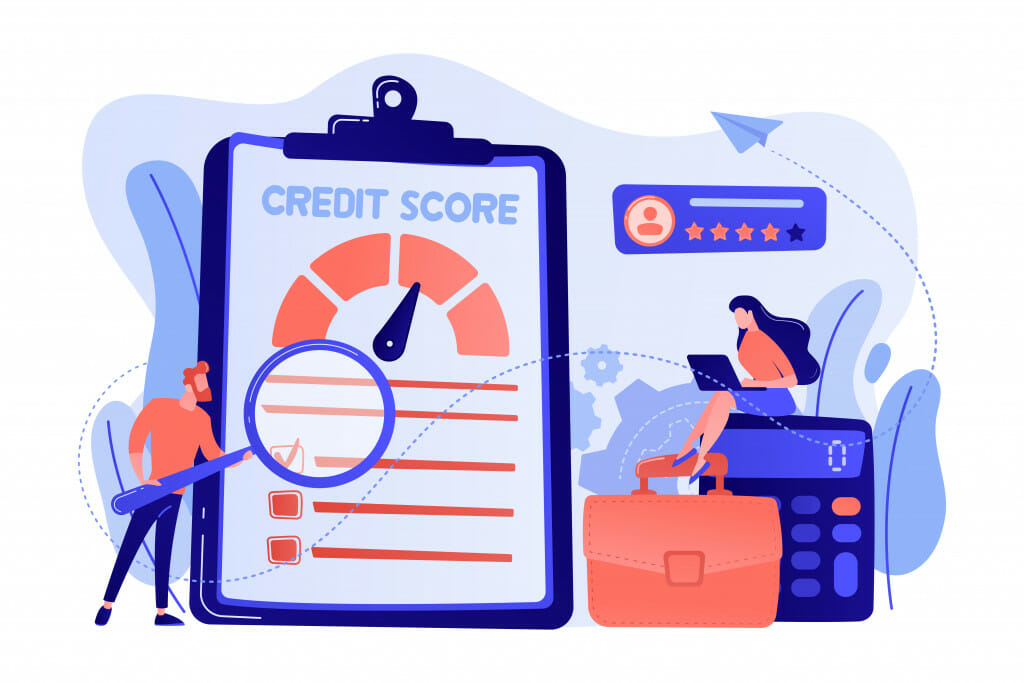
How Often Does Your Credit Score Update?
In order to gain a good understanding of your finances, there are multiple aspects in which you should study, one of these being your credit score. Having a healthy relationship with money is a great start when it comes to progressing your financial journey. This is because you may be more open to new ideas and find it easier to adapt to change. Your credit score is one of the most important aspects when it making specific purchases. Therefore, meaning it’s something which should be maintained. One of the most common questions is how often does your credit score update?

What is a credit score?
A credit score is something that is created from data and information stored in your credit report. Your credit report holds all sorts of information including your credit accounts, people who are financially linked to you and even general data including your date of birth and home addresses. The information on your report is converted into a score, this is known as a credit score.
Why do we have one?
A credit score is used in many circumstances, usually more than we think. A couple of the most common factors include phone contracts and whether or not lenders will lend to you. It gives these companies the opportunity to gather an understanding of your money management and whether or not you are a threat/risk to them.
How often does your credit score update?
Your credit score is built over time, it can increase and decrease but you should always be trying to keep it as high as possible due to the impacts a low score could bring. But, how often does your score update? Typically, when data is received by a reporting agency it’s usually updated immediately but this depends on certain factors. This does not always show so you should expect your score to be updated thoroughly every month or so.
Why should we aim for a higher credit score?
Having a high credit score means that you will qualify for the majority of the things which you apply for. Relating this to a loan, lenders will study your credit score and report before they agree to any lending. If you have a good score, you are not only more likely to be accepted but also have the chance of lower interest rates. This will save you more money in the long term. Whereas, having a lower credit score will place you at a disadvantage in many cases.
For more information on credit scores, click here.
